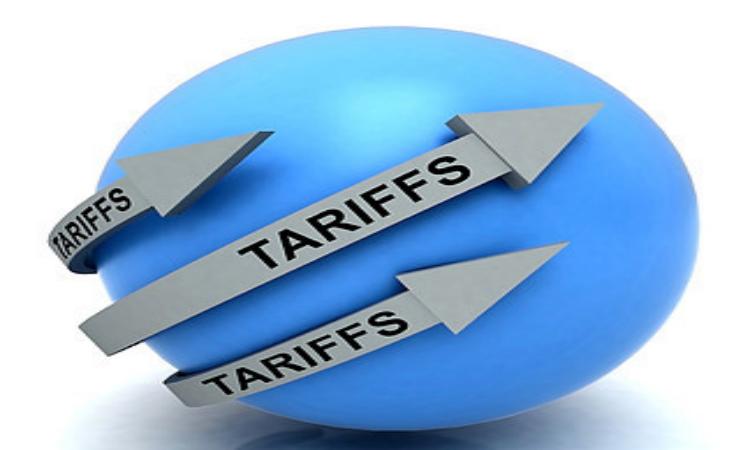According to a Xinhua News Agency report from Washington on April 3, the measure announced by US President Donald Trump earlier to impose a 25% tariff on imported cars officially came into effect on the 3rd.
When delivering a speech on "reciprocal tariffs" at the White House on the afternoon of the 2nd, Trump confirmed that the 25% auto tariff was scheduled to take effect at midnight. The White House said that products that already face tariffs on steel and aluminum as well as auto tariffs will not be subject to the "reciprocal tariffs".
Trump signed a proclamation at the White House on March 26, announcing the imposition of a 25% tariff on imported cars. According to the document released by the White House, the 25% tariff will apply to imported passenger vehicles (sedans, sport utility vehicles, etc.) and light trucks, as well as key auto parts (engines, transmissions, etc.), and will be extended to other parts if necessary.

Previously, the overall level of auto tariffs imposed by the United States was at 2.5%. The tariff on light trucks was 25%, and auto products that met the rules of origin of the United States-Mexico-Canada Agreement (USMCA) were exempt from tariffs. According to the statement in the White House document, the latest 25% auto tariff is imposed on top of the existing tariffs.
The document also shows that under the framework of the USMCA, auto importers will have the opportunity to certify the portion of their vehicles that is produced in the United States, and the corresponding mechanism will ensure that the 25% tariff only applies to the portion that is not produced in the United States.
Gary Hufbauer, a senior fellow at the Peterson Institute for International Economics in the United States and a former Treasury Department official, previously told Xinhua News Agency that the auto tariffs are a "major blow" to the auto industry. He said that the increase in auto costs will lead to a decrease in demand, especially when consumers are in a weak financial situation. It is expected that there will be "massive layoffs" in U.S. auto and auto parts companies.
The Washington Post, citing the views of analysts, reported that most of the new auto tariffs will be passed on to consumers in the form of price increases, and the prices of cars will rise by thousands of dollars. The report pointed out that about half of the cars sold in the United States last year were imported, and even vehicles made in the United States usually contain a large number of foreign parts.
